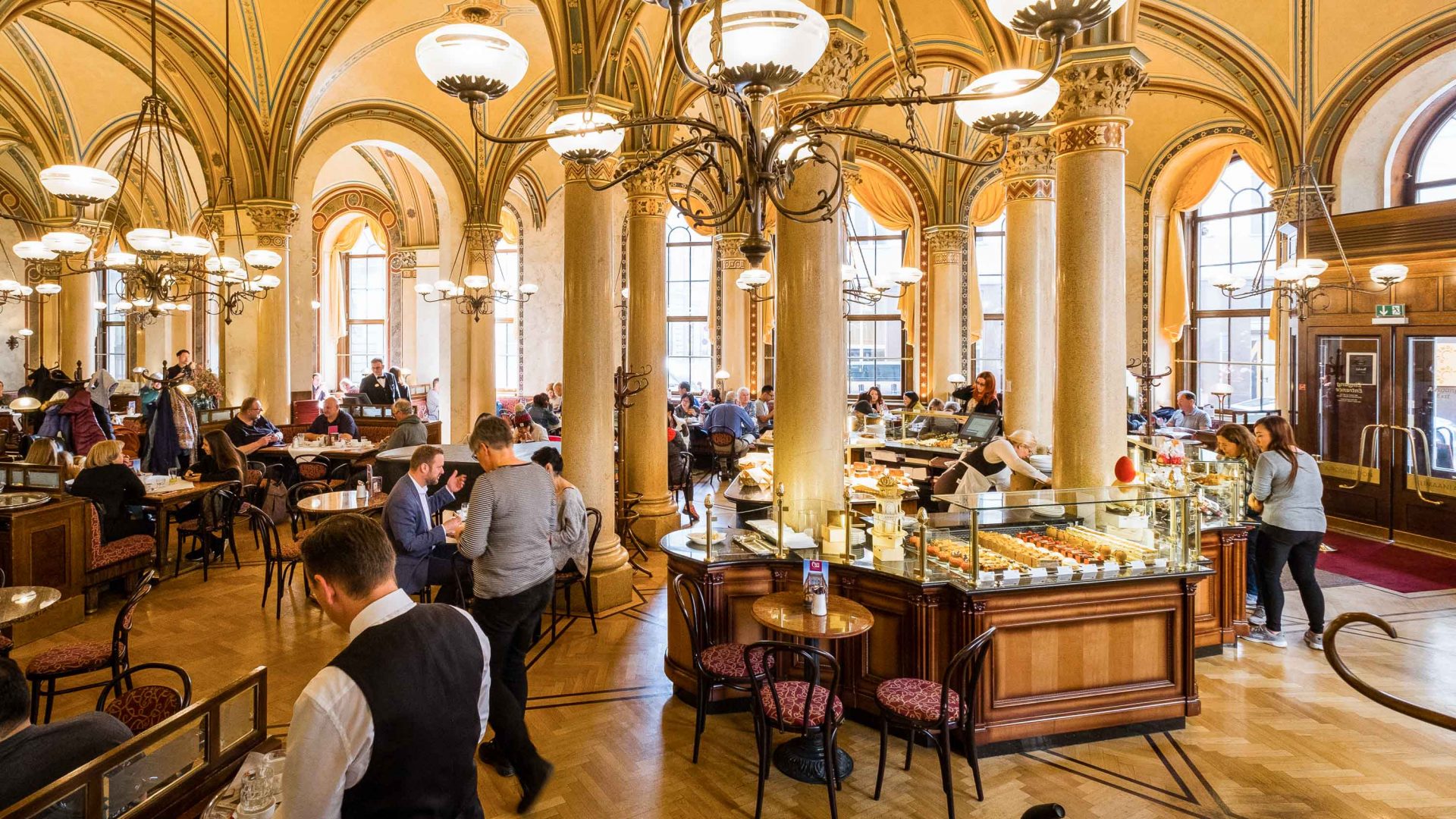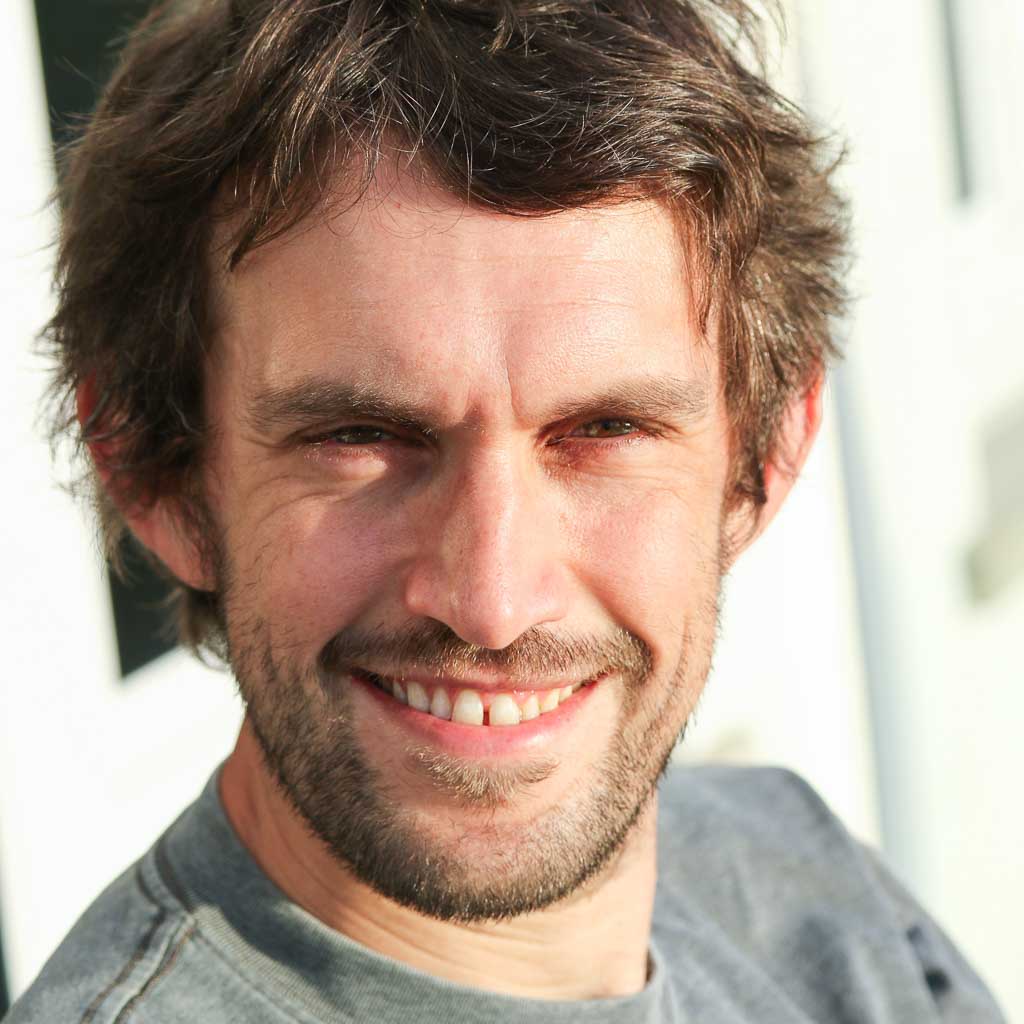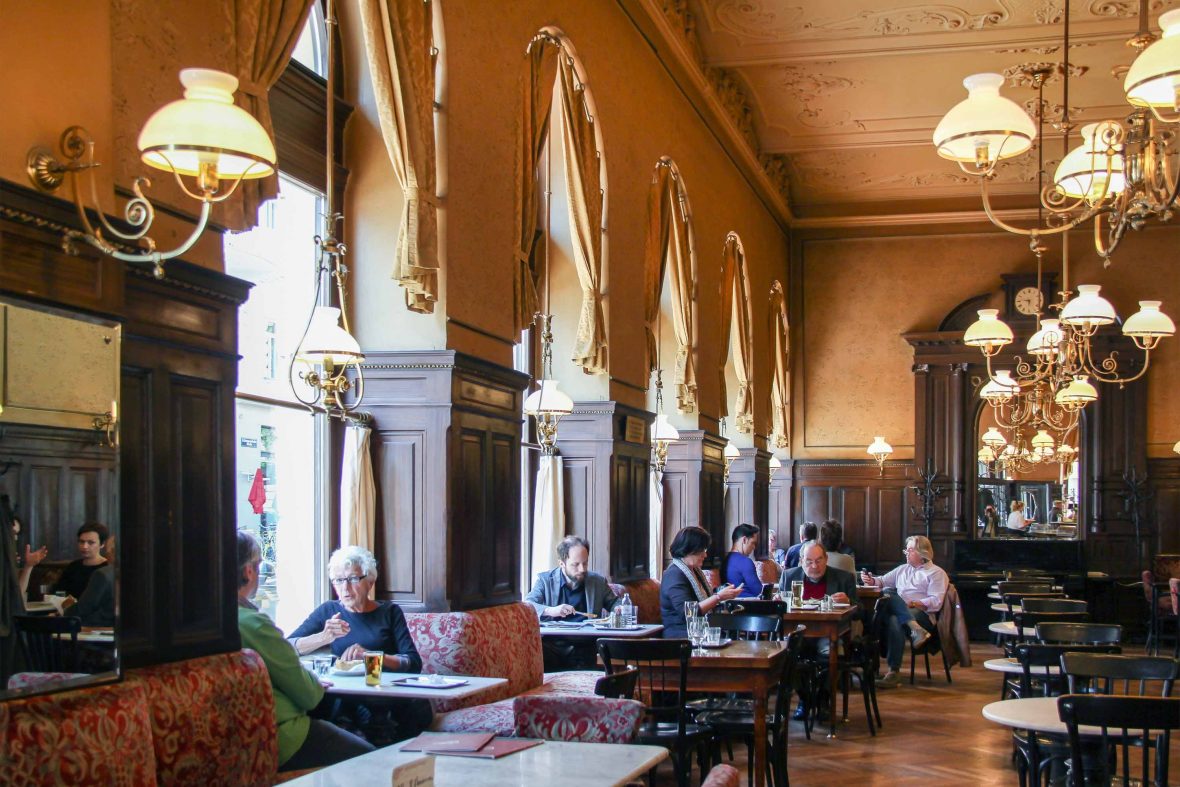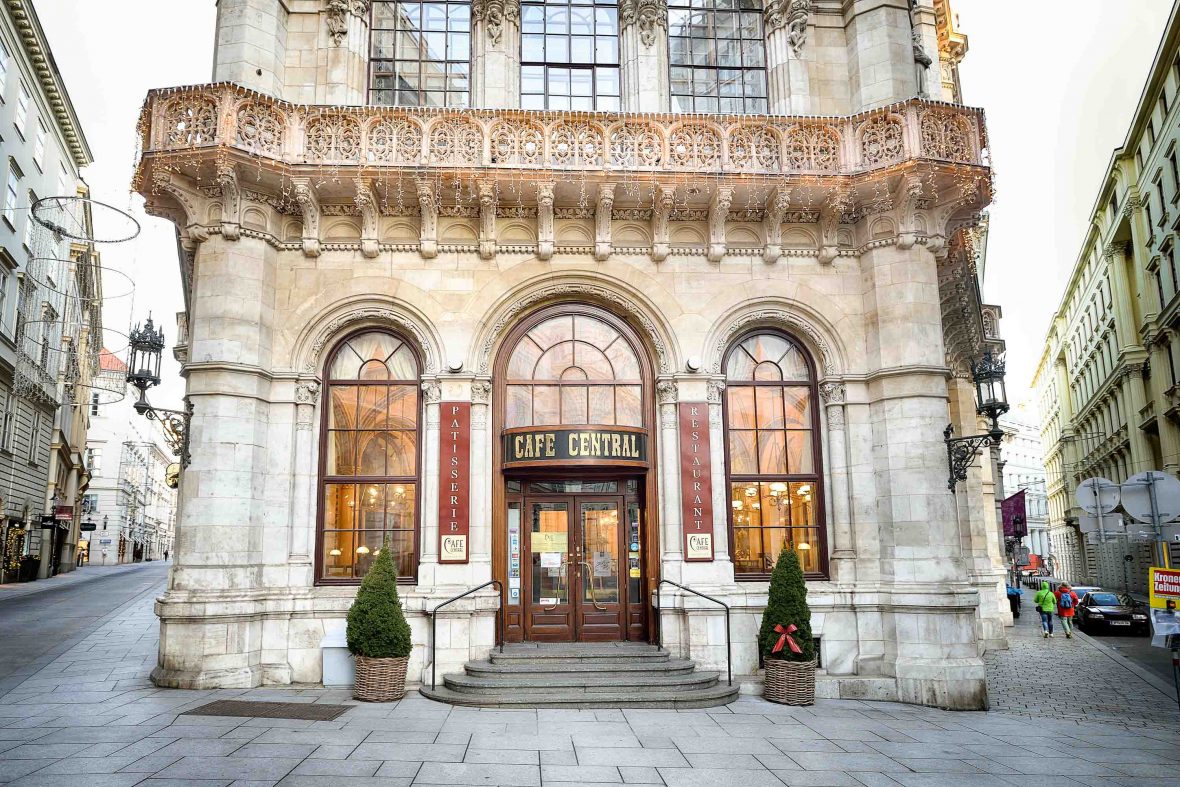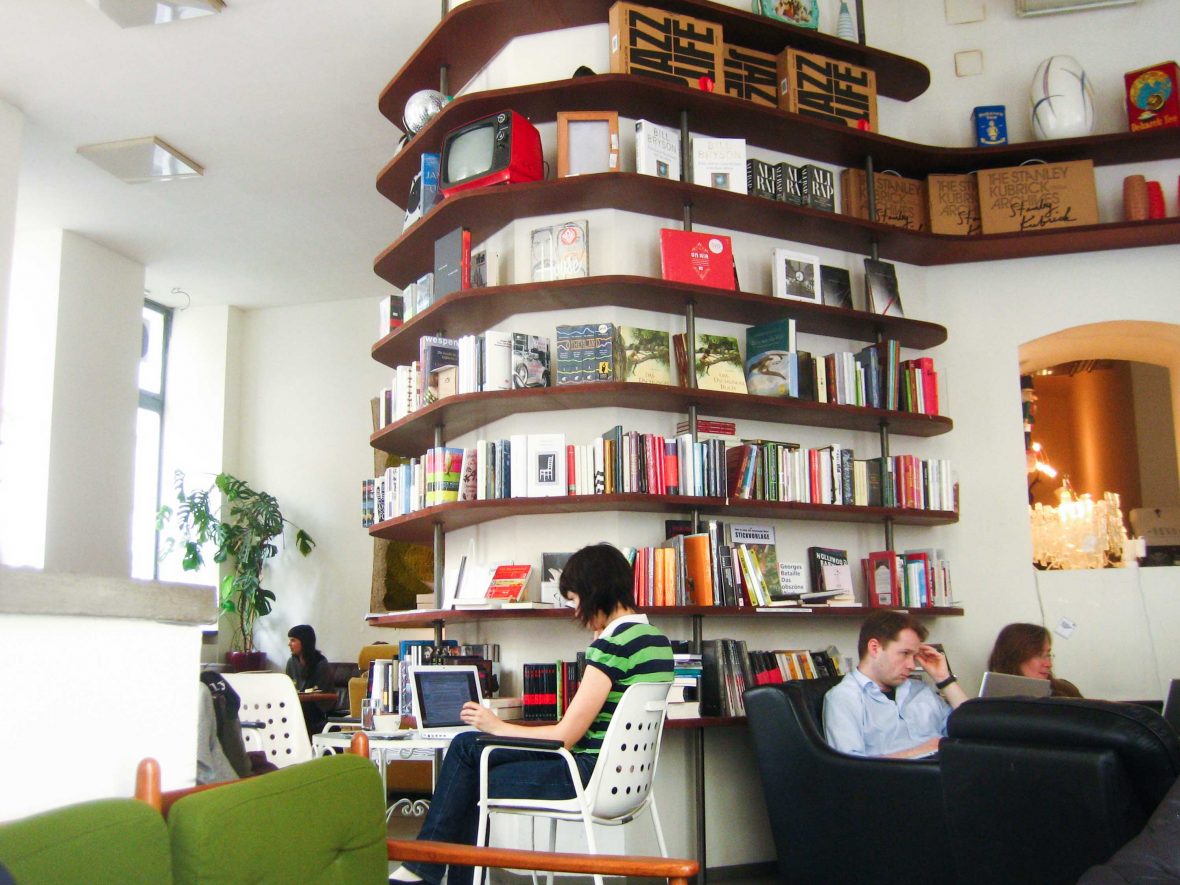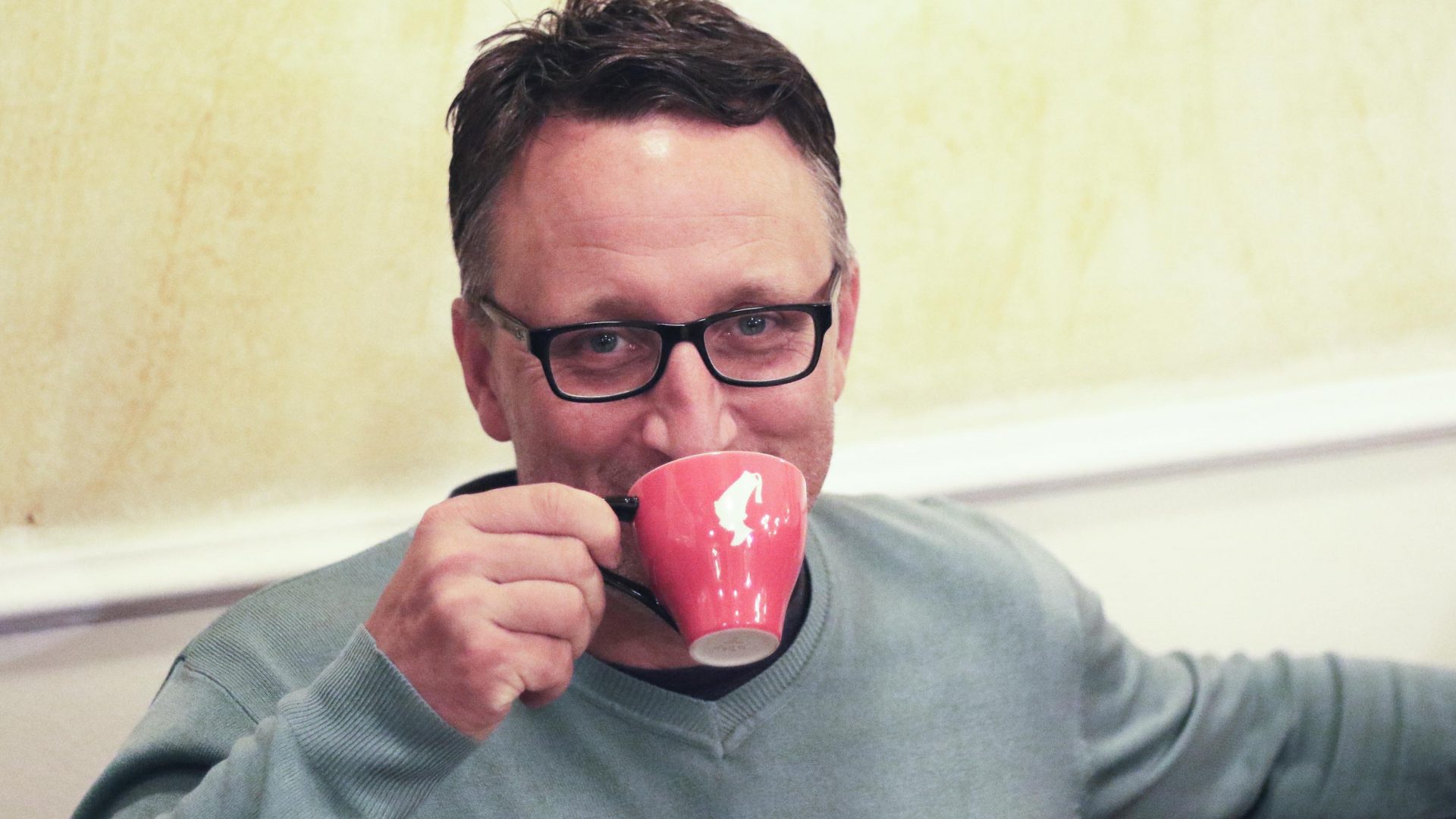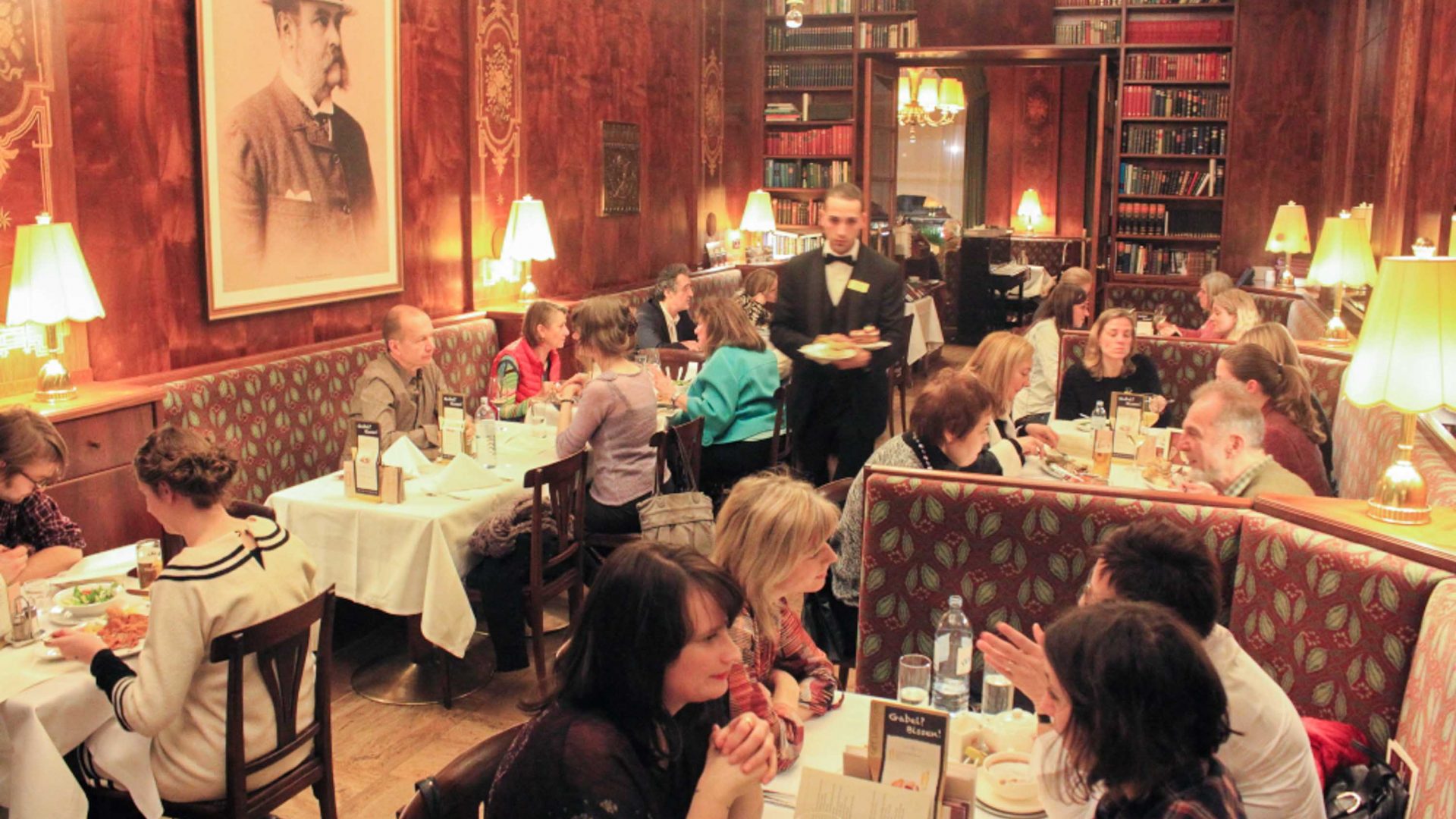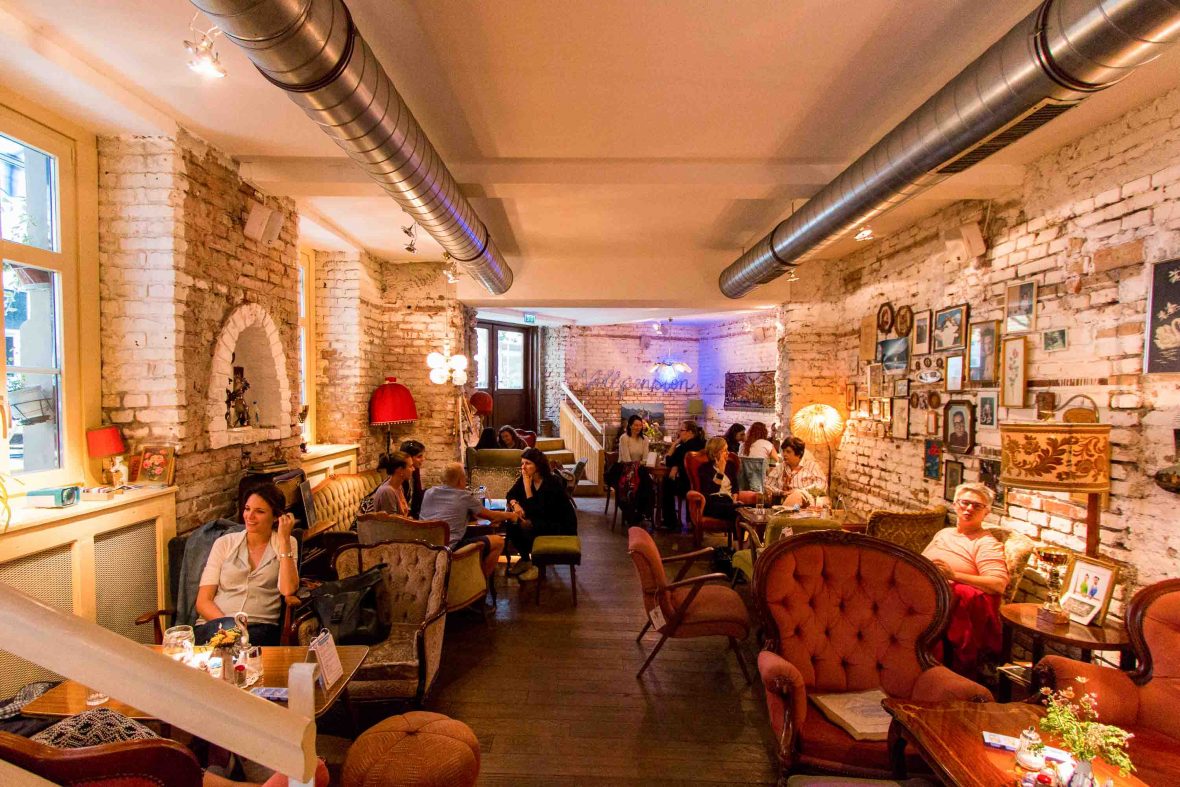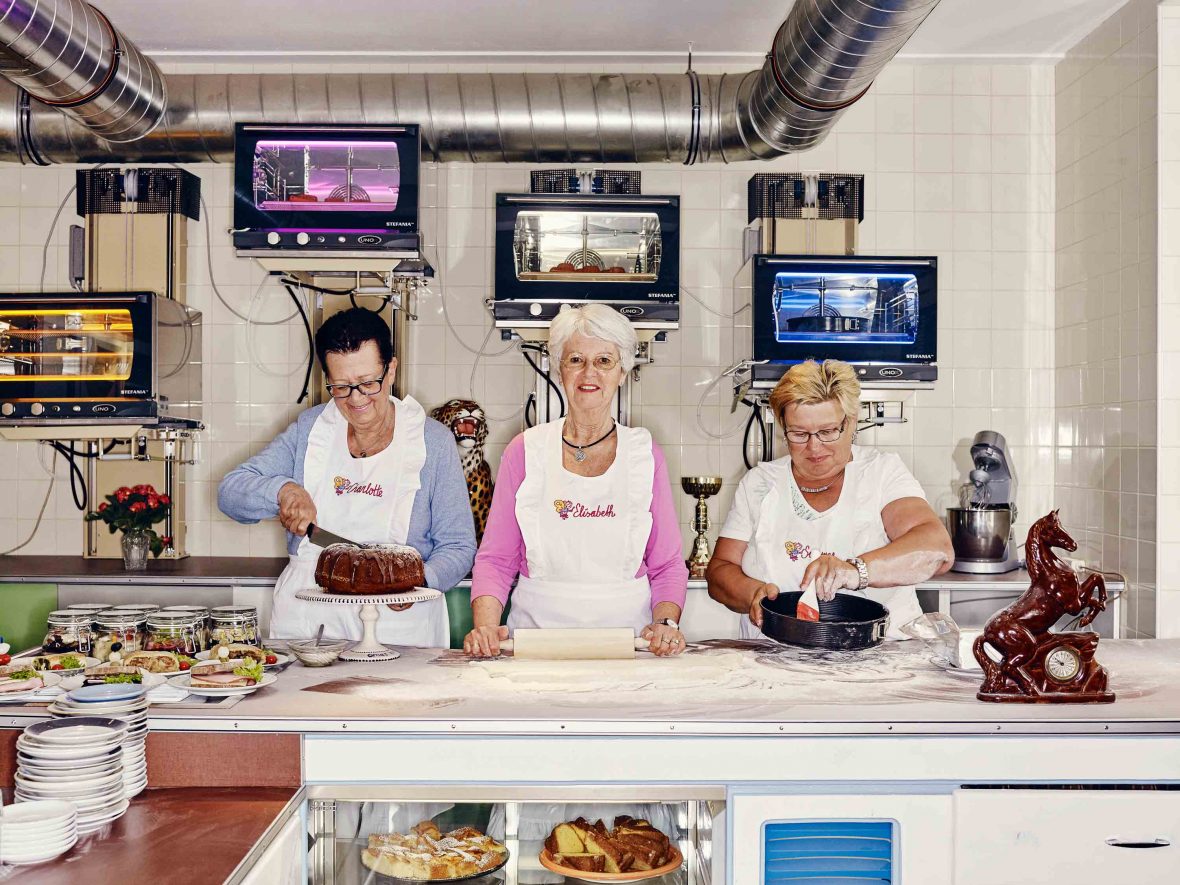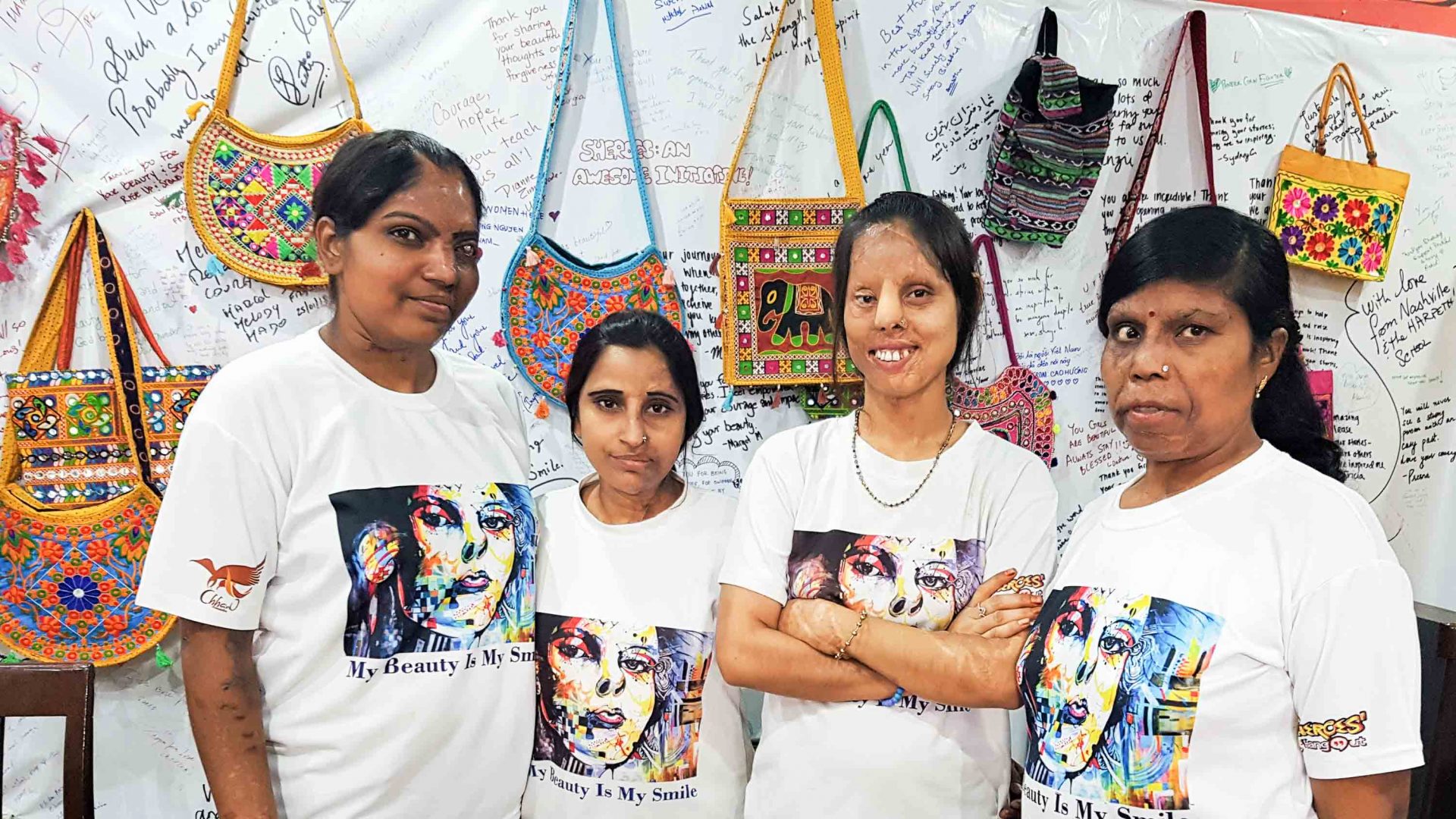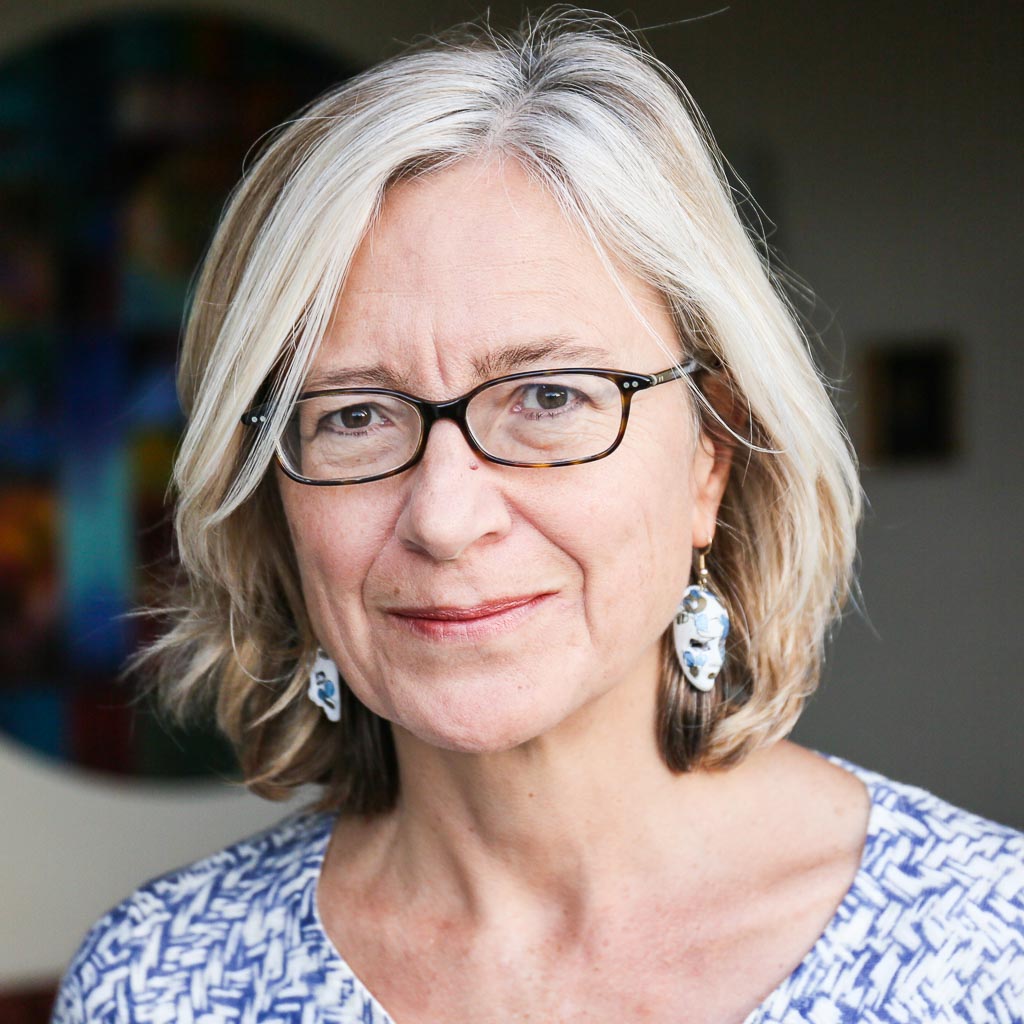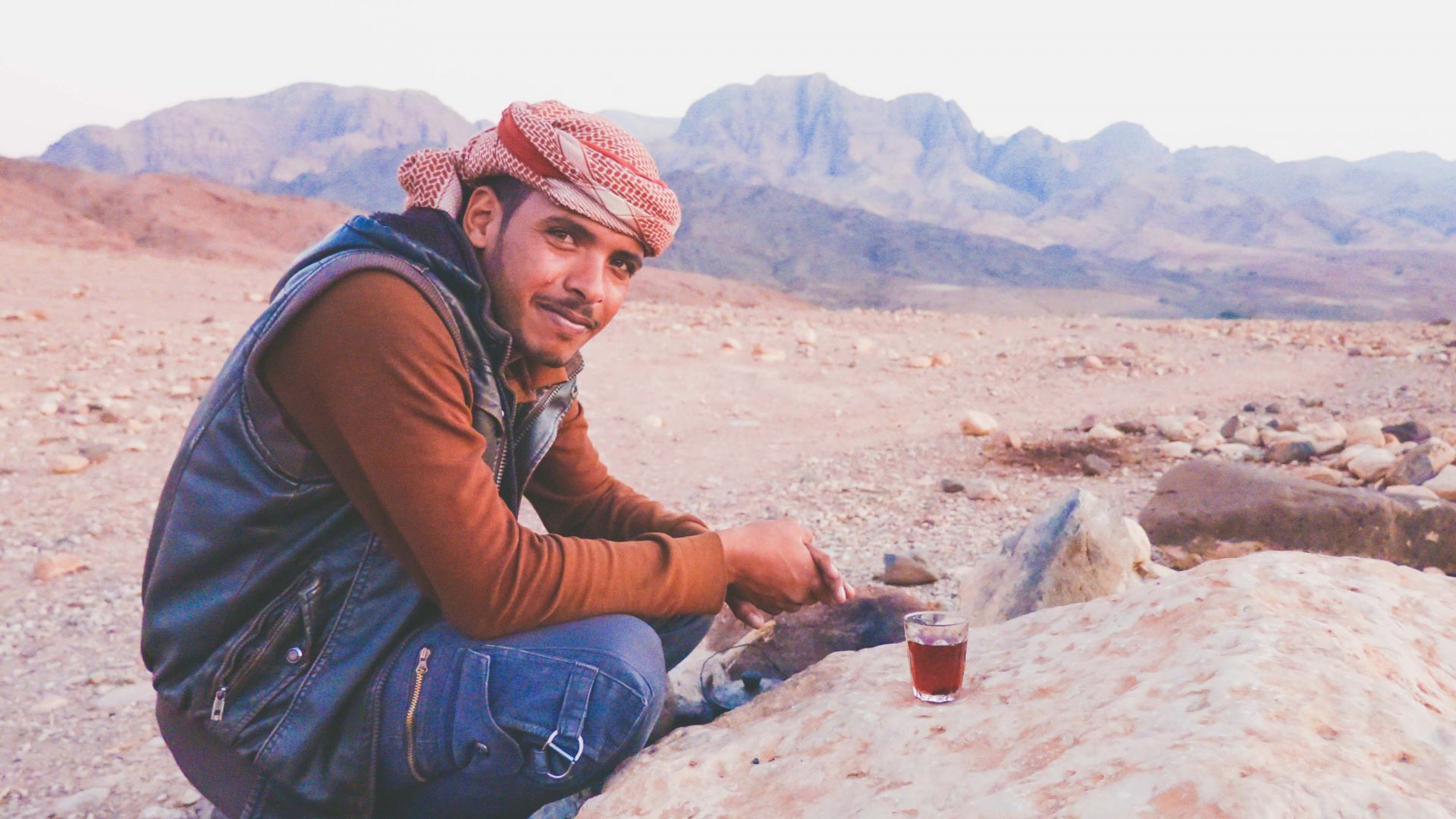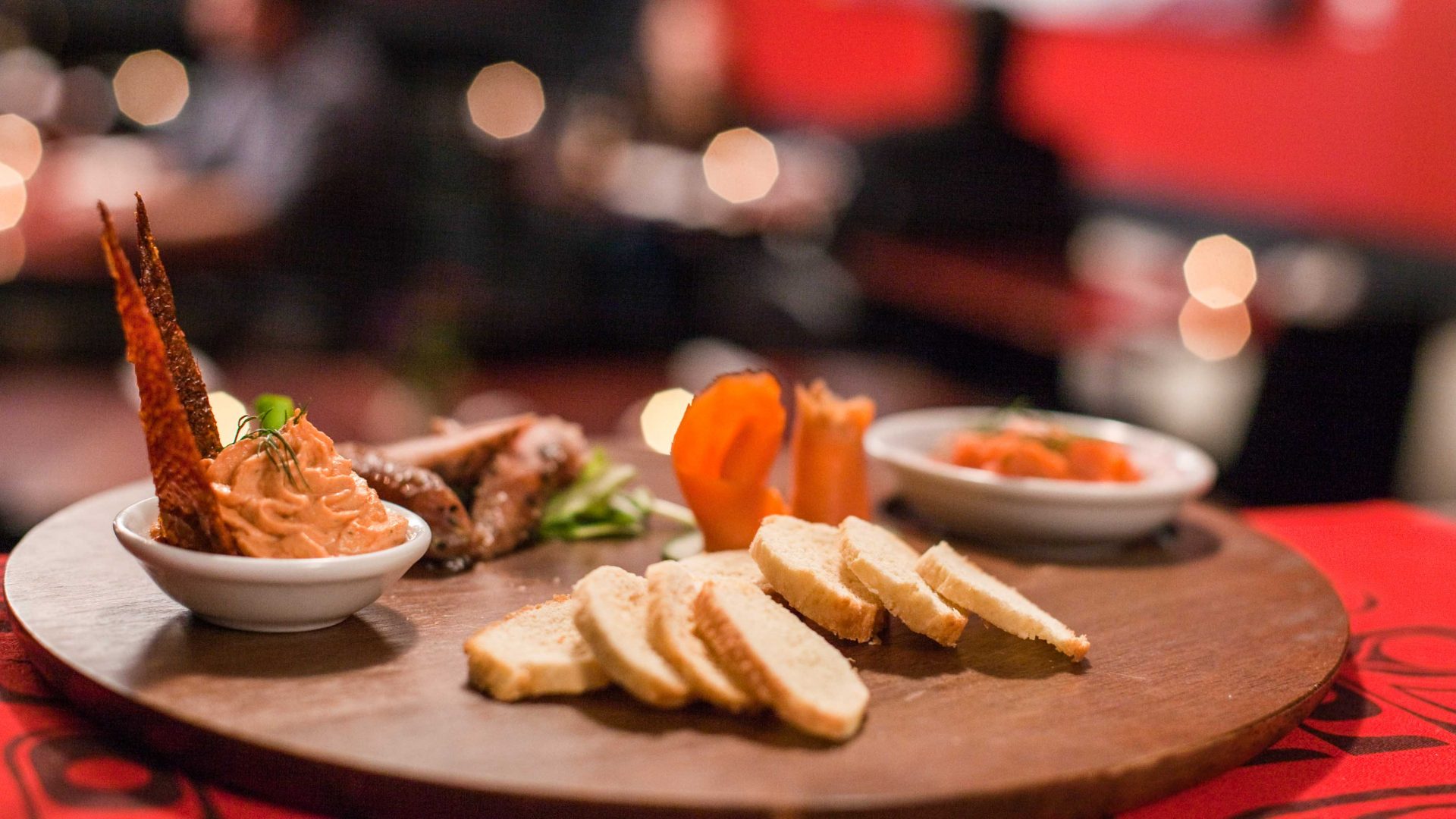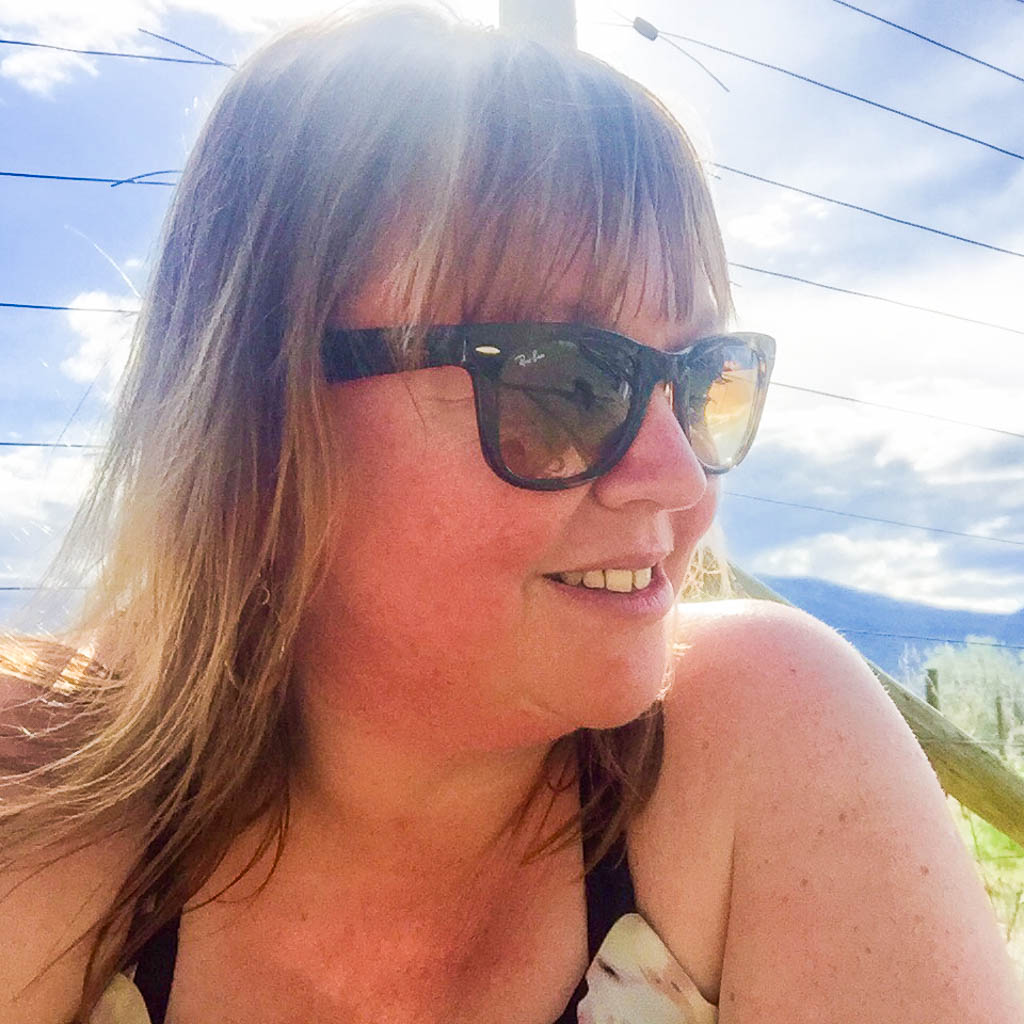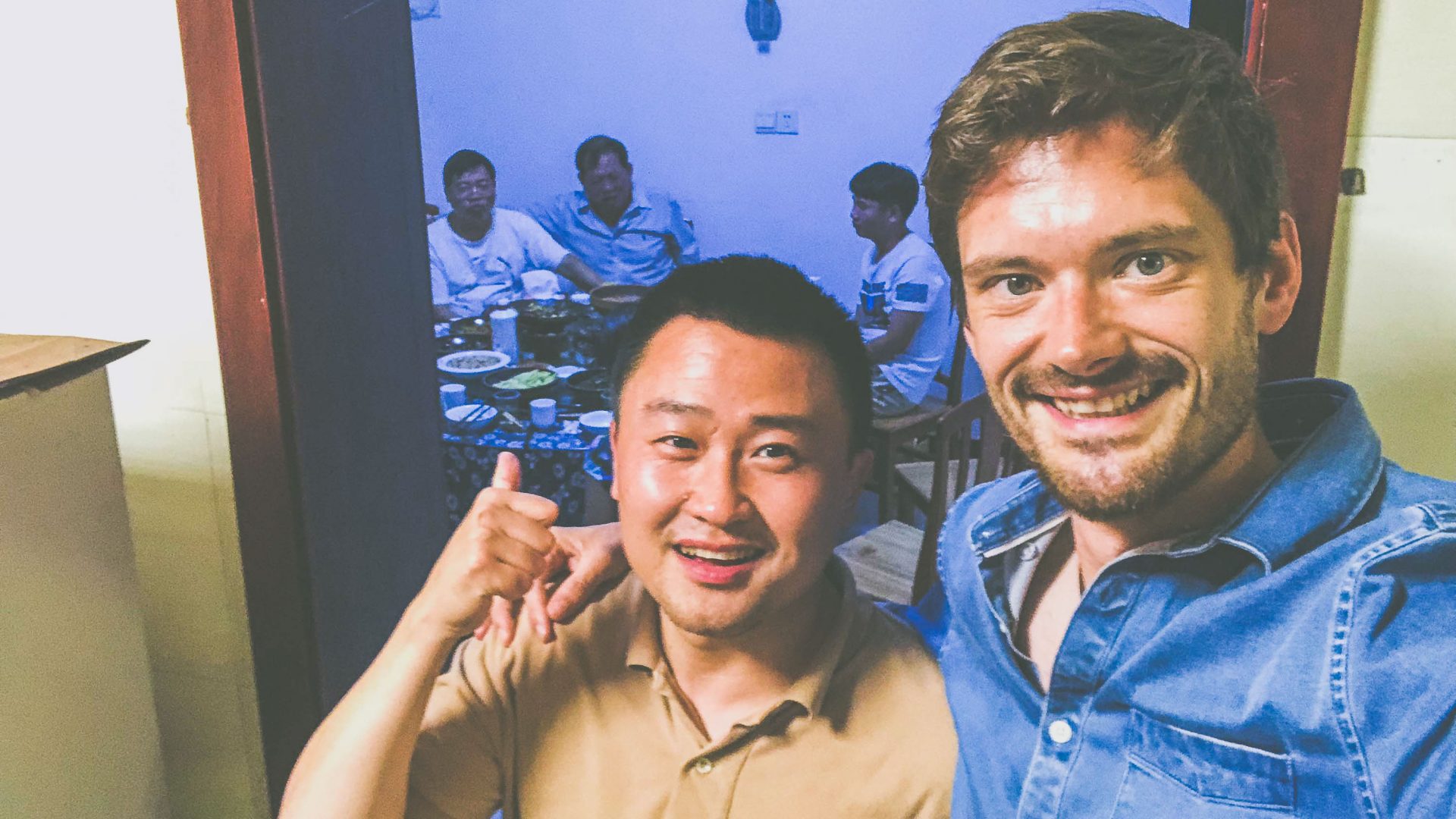Vienna’s coffeehouses were once synonymous with intellectual thought, where great minds met and sipped. Luke Waterson looks at how they became such legendary breeding grounds for innovative thought—and why they could become so once again.
When you’ve spent as much time in as many of Vienna’s coffeehouses as I have, the first common denominator you’ll notice is that serving decent coffee is not their primary objective. The coffee, truth be told, is awful.
This might seem odd, where the ever-burgeoning java industry is increasingly about coffee quality, at least in the western world where it’s all about a personal link with the coffee estate or which type of roasting results in the best flavor.
But in Vienna, where fashionable coffee drinking was first popularized in Europe, the brew was only ever the pretext for the get-together of the clientele. The quality of the coffeehouse—the physical social space, and what happened within it—always came first.
WW1 may have marked the end of the coffeehouse heyday, but a century on, there is a scheme afoot to return Vienna’s coffeehouses to a status befitting of their illustrious past—and smartphones and social media followings are not part of the plan. Vienna Coffeehouse Conversations involves, well, just meeting up and talking. On life’s weightiest topics. And with complete strangers.
Vienna’s first coffeehouse was opened by an Armenian and as a result was based on the Persian coffeehouse premise; namely a sumptuous establishment where clientele could freely engage in discourse.
In turn-of-the-century golden-age Europe, Vienna was the perfect meeting point: Central, surprisingly un-policed, and fertile turf for those with big, bold ideas. By the early 1900s, Vienna’s coffeehouses had become so eminent—palatial enough for Emperors to stop by, and with a reputation for animated debate that saw new schools of thought founded at their tables—that their model had been adopted in Prague, Paris and London.
RELATED: How this Agra café is helping India’s acid attack survivors
They were cultural powerhouses, pioneering ideas that would resound across the continent. Café Korb was a weekly rendezvous of Freud’s Vienna Psychoanalytic Society and early Secessionists like Gustav Klimt would break away from the Association of Austrian Artists to form their own more radical movement which met at Café Sperl. And within one month in 1913, it’s said that Freud, Trotsky, Stalin and Hitler visited Café Central—and they almost certainly weren’t making light chitchat when they did.
I’ve come to Café Ministerium to try Vienna Coffeehouse Conversations myself. It is an archetypal Viennese coffeehouse—heavy double doors to blot out the outside world, cozy Jugendstil globe pendant lights, booth seating, an abundance of dark wood paneling and a venerable history.
RELATED: The hidden joy of travel? The conversations you have along the way
And yet, despite the pleasant evening and prime location on Vienna’s Ringstrasse, it’s deserted. I’ve often sat in such coffeehouses, imagining what it would have been like in the glory days when artisans and thinkers, who one day would be world-renowned, thrashed out the very ideas that would make them so.
But surely that was a thing of the past? Heated debate does not bounce off café walls any more and movements are now founded online—at least, that’s what my rational side would reason. And reservations about how and if the evening can proceed, with only me, Eugene and a middle-aged lady with a dog in attendance, just minutes before the planned start time, do cross my mind.
Vienna Coffeehouse Conversations have proved so popular that Space and Place are now taking conferences in the city by storm with the same concept. Similar conversations with strangers have now happened as far afield as Oslo.
I learned of other schemes in the city trying similar things. In 4th District’s Café Vollpension, one of the omas (grannies) baking the cakes patrols the tables, confiscating customers’ smartphones so that they talk instead. Phil, a famous 6th District café-bookstore, bans wi-fi at weekends for the same reason.
But Eugene’s achievement is that at least once a month in one city coffeehouse, people will not just be talking, but talking big, just as they did a century ago. Granted, they might need some preliminary coaxing.
But for all we know, maybe even at those legendary café meet-ups during Vienna’s golden age, it also took one brave person to break the awkward silence before the debate started raging.
